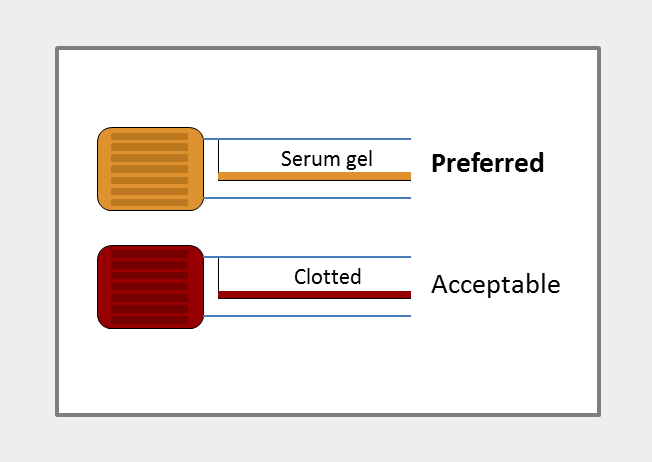|
Sex |
Age |
FSH Range (IU/L) |
|
Female |
≤ 11 months |
1.9-22.9 |
|
Female |
1 year |
1.1-9.5 |
|
Female |
2-3 years |
1.3-5.0 |
|
Female |
4-9 years |
0.5-5.0 |
|
Female |
10 years |
1.4-9.3 |
|
Female |
11-55 years |
2.5-10.2 |
|
>55 years |
||
|
Male |
≤ 11 months |
0.8-5.2 |
|
Male |
1 years |
0.8-2.5 |
|
Male |
2-3 years |
0.3-1.3 |
|
Male |
4-9 years |
0.4-2.0 |
|
Male |
10-11 years |
0.4-4.6 |
|
Male |
12-21 years |
1.4-7.5 |
|
Male |
>21 years |
1.4-18.1 |
|
Reference ranges for females with normal menstrual cycle, dependent on phase:
|

